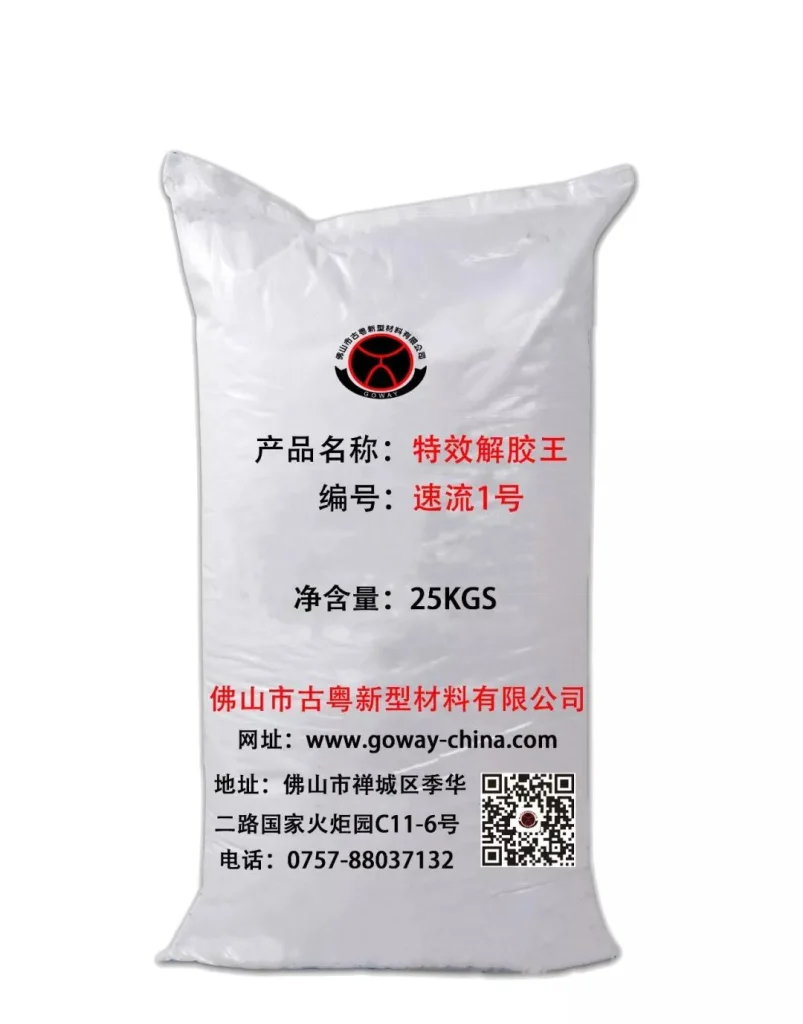Practical exterior agent that effectively suppresses the losses of concrete slump
During the construction process, the collapse of concrete mixes is a common loss. In order to better avoid and reduce losses caused by concrete slumps, industrial Sodium Tripolyphosphate is widely used as an external agent. It ensures that the concrete has good water retention, liquidity, and adhesive, and at the same time, it inhibits the loss of time loss of concrete slump.
Composition of concrete mixer
The concrete mixer consists of cement, thickness, water, external agent, and mineral doping. The main role of industrial Sodium Tripolyphosphate in concrete construction is to reduce the amount of concrete water for the simultaneous unchanged concrete liquidity, thereby increasing the strength and durability of the concrete, or increasing the concrete under the same cement and water ratio. The liquidity of the concrete is improved.
Factors affecting concrete slump
The landslide of concrete is affected by various factors, including cement, mineral blending, aggregate, external dosage, environment, dynamic control in the transportation process, and adjustment of the combined ratio.
Industrial Sodium Tripolyphosphate mechanism
Sodium tripolyphosphate disintegrates the structure of concrete flocculation in the following three aspects:
1. Cement mass on the surface of electroearity.
2. Increase the sliding capacity of the solvent.
3. Increased decentralization, increased liquidity, and intensity.
Sodium tripolyphosphate’s specific role
Sodium tripolyphosphate directly generates a stable complex with CA2+ions, hindering the formation of hydrophilic products AFT, inhibiting the crystallization growth of the CH of the hydrophilic product, and delaying the hydration of C3S and C3A. With the increase of the amount of doping, the loss of the slump of concrete mixes has become significantly smaller, indicating that the Sodium Tripolyphosphate has a good inhibitory effect on the time loss of concrete slump.
Frequently Asked Questions (FAQ)
Q: What is Sodium Tripolyphosphate (STPP) used for in concrete?
A: STPP serves as an external agent in concrete to maintain water retention, improve liquidity, and inhibit slump loss.
Q: How does STPP inhibit concrete slump loss?
A: STPP interacts with cement particles, delaying hydration processes and maintaining concrete workability and strength.
Q: Is STPP suitable for all types of concrete mixes?
A: STPP’s effectiveness varies with different mix formulations and environmental conditions, requiring optimal dosage and application adjustments.
Q: What are the benefits of using STPP in concrete construction?
A: STPP enhances concrete durability, reduces water content requirements, and improves overall construction efficiency.
Q: How can STPP be applied effectively in concrete projects?
A: Properly dosing STPP and adjusting mix ratios based on specific project requirements and conditions ensures optimal concrete performance and longevity.

